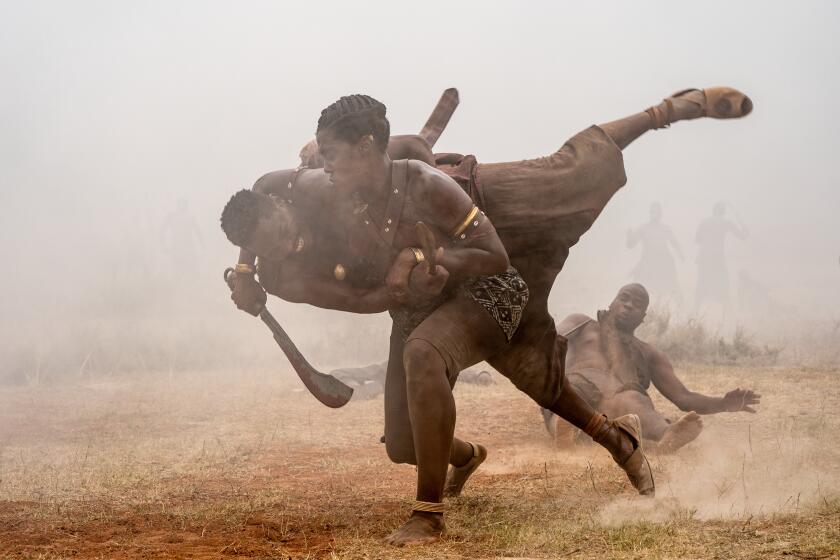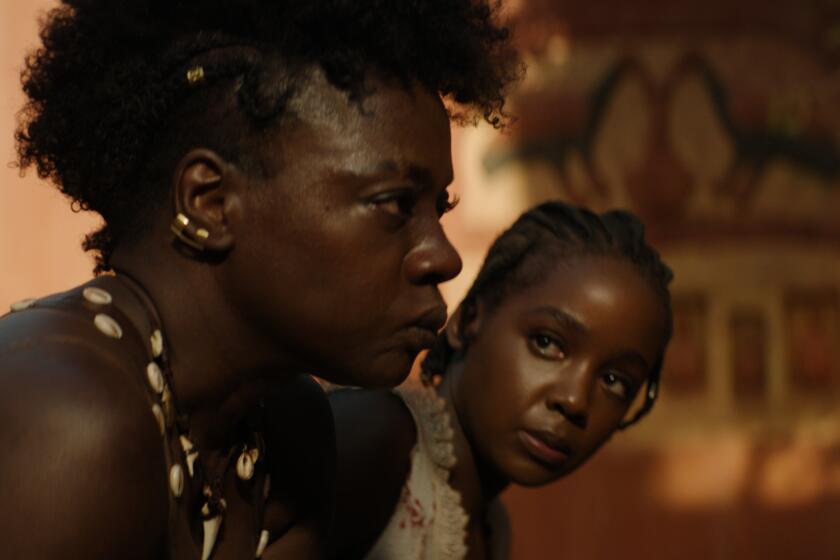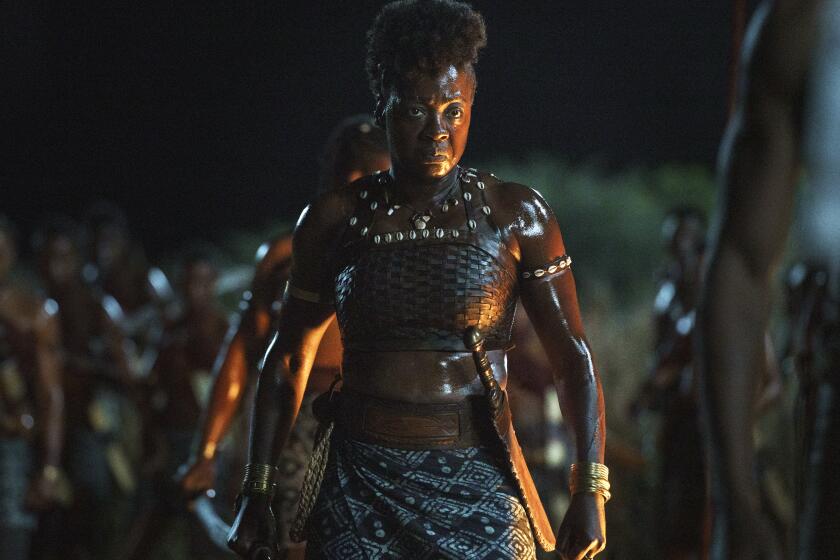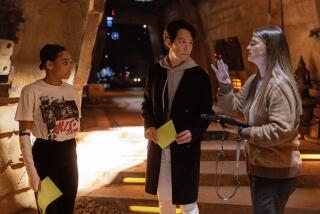Viola Davis responds to #BoycottWomanKing: Story ‘is fictionalized. It has to be’
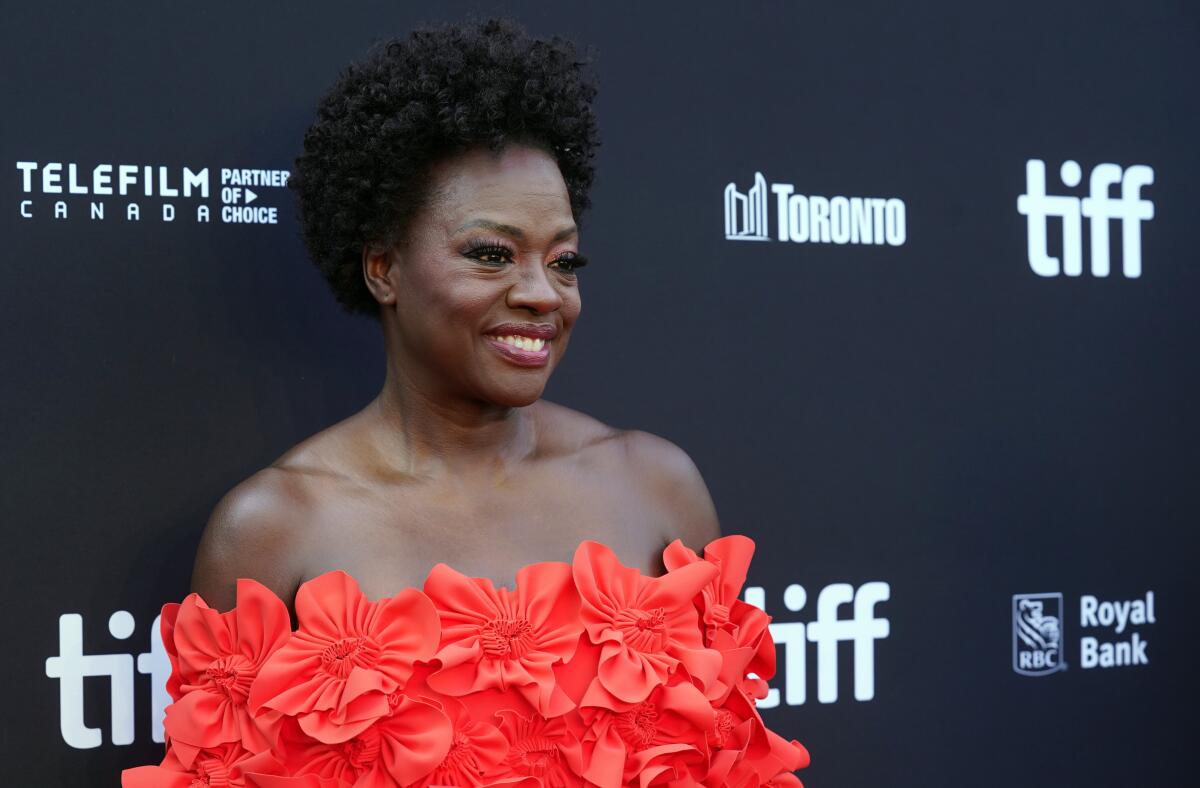
Oscar winner Viola Davis has responded to critics of her latest film, “The Woman King,” after they called for a boycott of the movie because it isn’t entirely historically accurate.
The film follows the story of the all-female military unit, known as the Agojie, that guarded the West African kingdom of Dahomey from the 17th to 19th centuries.
“First of all, I agree with [the film’s director] Gina Prince-Bythewood’s saying is you’re not going to win an argument on Twitter,” Davis said of the criticism in an interview with Variety. “We entered the story where the kingdom was in flux, at a crossroads. They were looking to find some way to keep their civilization and kingdom alive. It wasn’t until the late 1800s that they were decimated. Most of the story is fictionalized. It has to be.”
Julius Tennon, one of the movie’s producers and Davis’ husband, also talked about the criticism.
‘The Woman King,’ directed by Gina Prince-Bythewood and starring Viola Davis, builds a dramatic epic around the real-life women who inspired ‘Black Panther’s Dora Milaje.
“It’s history but we have to take license. We have to entertain people. If we just told a history lesson, which we very well could have, that would be a documentary,” Tennon said. “We didn’t want to shy away from the truth. The history is massive and there are truths on that that are there. If people want to learn more, they can investigate more.”
The main point of contention by online critics is that the movie seemingly uplifts the women without fully acknowledging that the Dahomey tribe sold other Africans into slavery.
“Time to Boycott the Woman King movie. The film is about the Dahomey & Benin that traded slaves into the transatlantic. #BoycottWomanKing,” tweeted @tonetalks. “This may be the most offensive film to Black Americans in 40-50 years.”
Twitter user @EqualityEd wrote, “Let’s be honest folk. It’s movie about a African tribe famous for selling slaves to Europeans that was made into a female empowerment story by two White women writers. You don’t have to be very ‘woke’ to see the problem here. #BoycottWomanKing.”
Gina Prince-Bythewood’s follow-up to “The Old Guard” is a forceful account of women warriors in the West African kingdom of Dahomey during the 19th century.
Dana Stevens and Maria Bello, both white women, are credited as the storywriters of the movie.
Others online defended the movie.
“Y’all want to boycott a movie that is literally ABOUT the thing you’re complaining about,” tweeted @JazminTruesdale. “The movie speaks on how EVERYONE (including African tribes) participated in the slave trade and it’s specific impact on black women. It’s a Masterpiece!”
@lmona823 tweeted, “Do NOT #BoycottWomanKing Instead, learn more. The movie delves into the horrors of the slave trade and how it affected black women, especially. It doesn’t glorify slavery, it condemns it.”
By 1823, the kingdom of Dahomey was under the thumb of the Western-influenced, richer Oyo empire. It was forced to pay tribute in the form of virgins, guns and captives to be sold into slavery to European colonizers.
The Viola Davis-led action epic ‘The Woman King’ easily conquers the North American box office, against a crowded market of new releases
Prince-Bythewood spoke with The Times about the difficulties of telling a nuanced and holistic narrative of the woman warrior group.
“The biggest eye-opener was how much misinformation there is about these women and this culture given that so much of their history was written from the colonizer’s point of view,” she said. “So it was really about separating the texts that were from that point of view, which were so disparaging and disrespectful, from the truth.”
She enlisted historians to consult on how and why these women inhabited their noteworthy social roles.
“I’d read this article in the Washington Post that was written by a descendant of these women, and so we reached out to him,” Prince-Bythewood said of Princeton professor Leonard Wantchekon. “He’s an academic and scholar about Benin and the kingdom and he was such an incredible consultant for us. He has a whole team that we were able to reach out to anytime we had a question about food, dress, politics in the kingdom … they knew everything.”
More to Read
The biggest entertainment stories
Get our big stories about Hollywood, film, television, music, arts, culture and more right in your inbox as soon as they publish.
You may occasionally receive promotional content from the Los Angeles Times.
